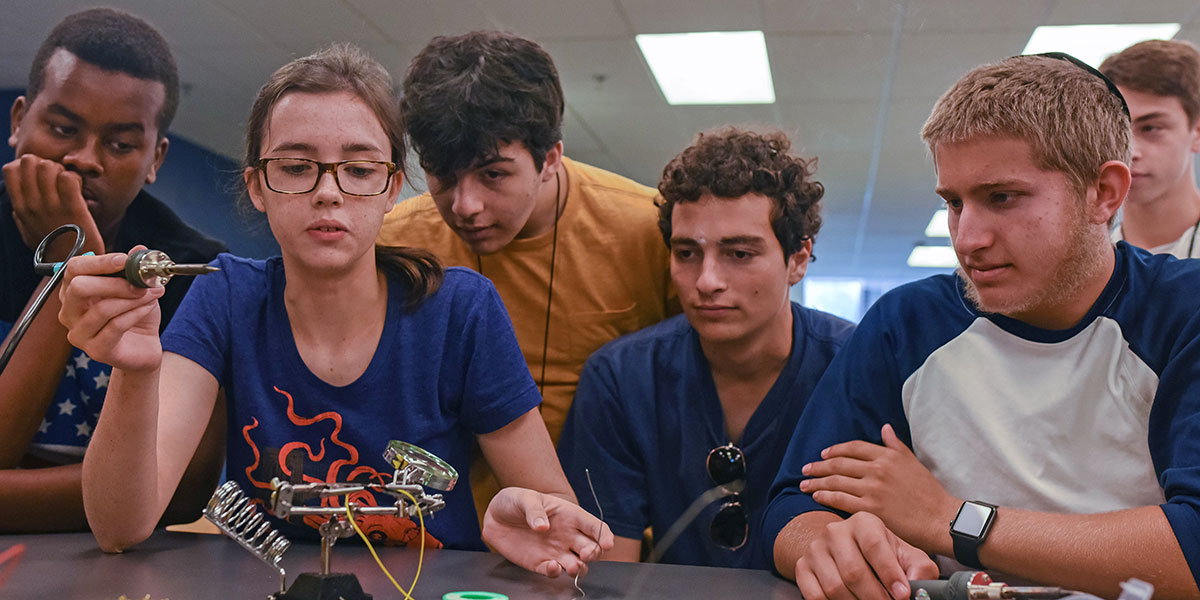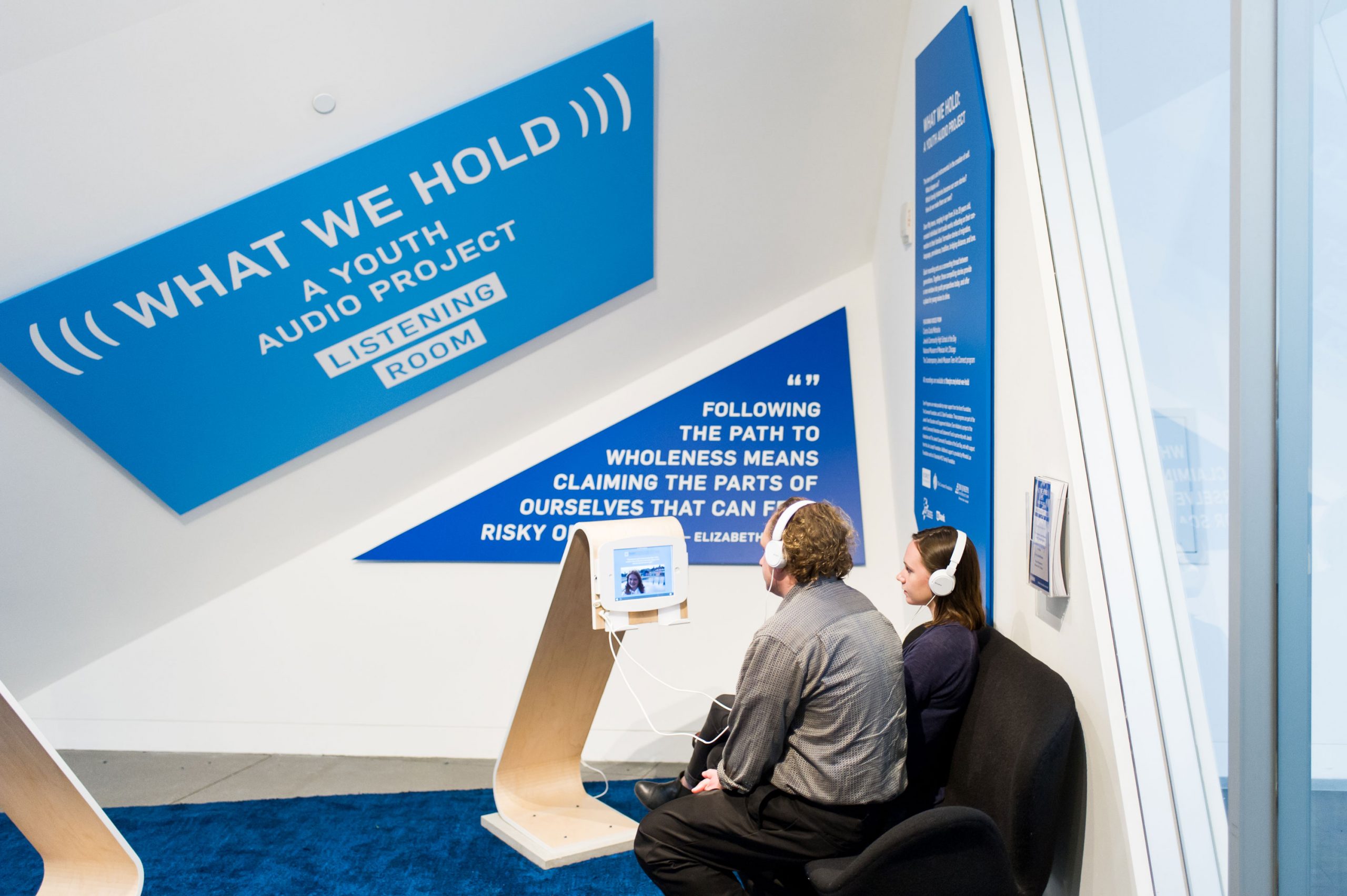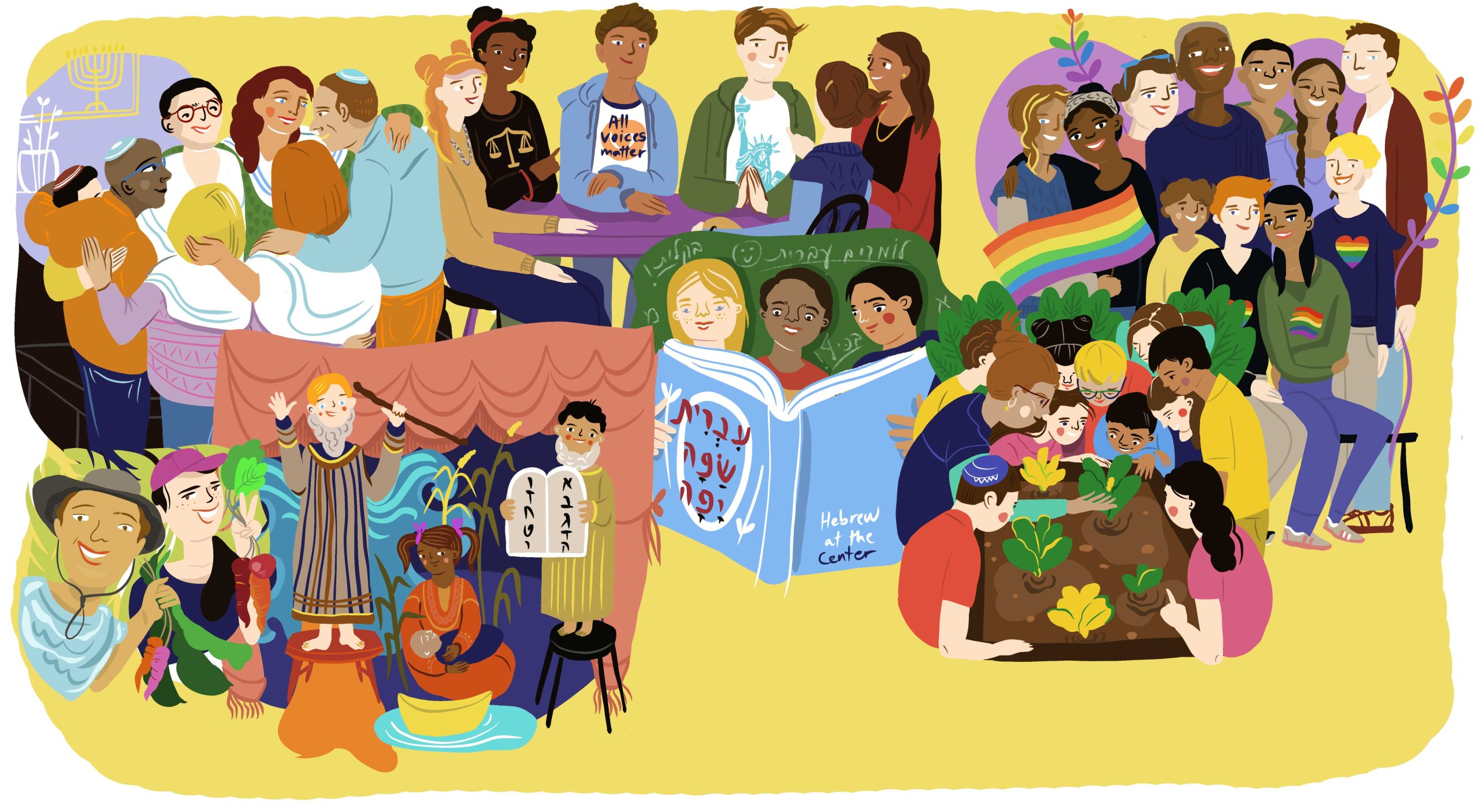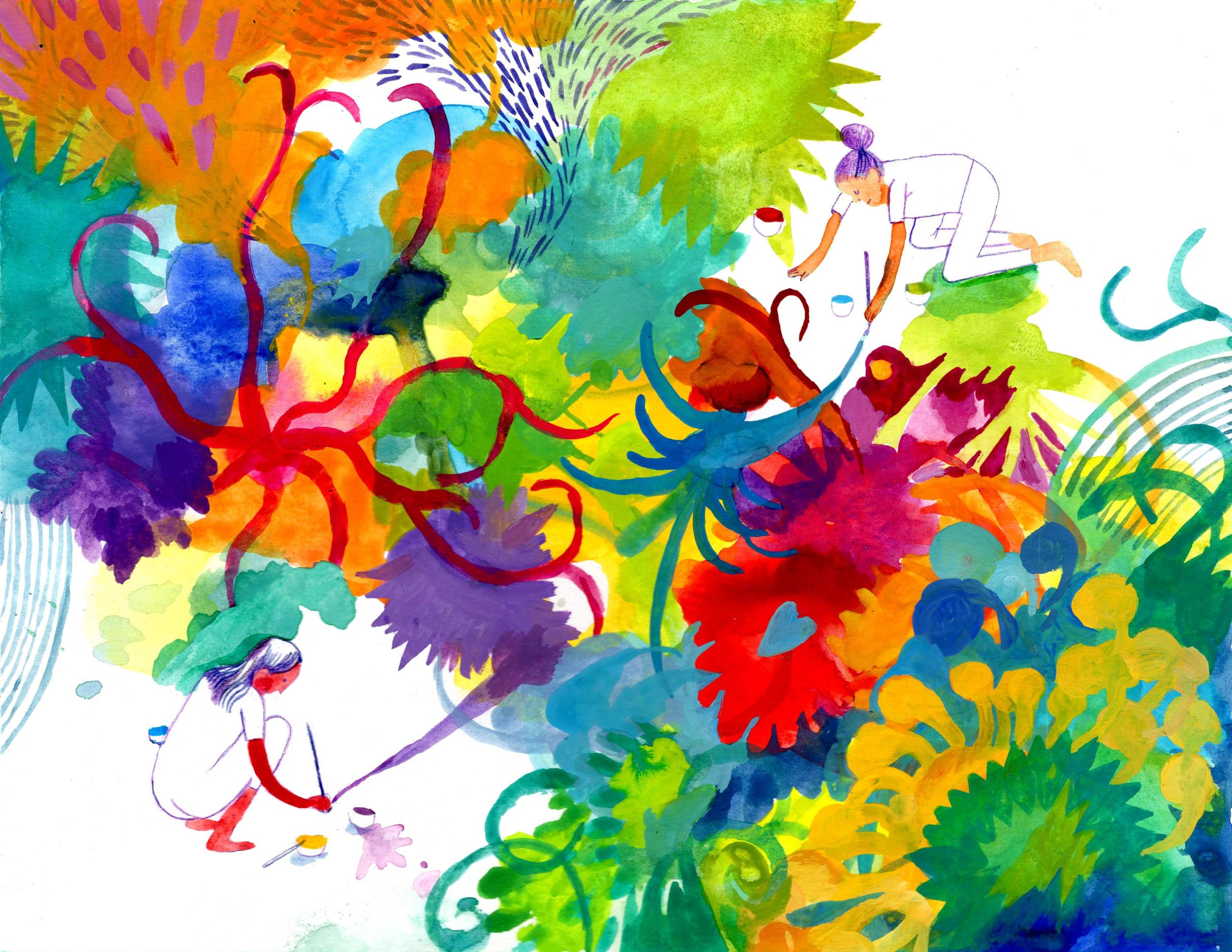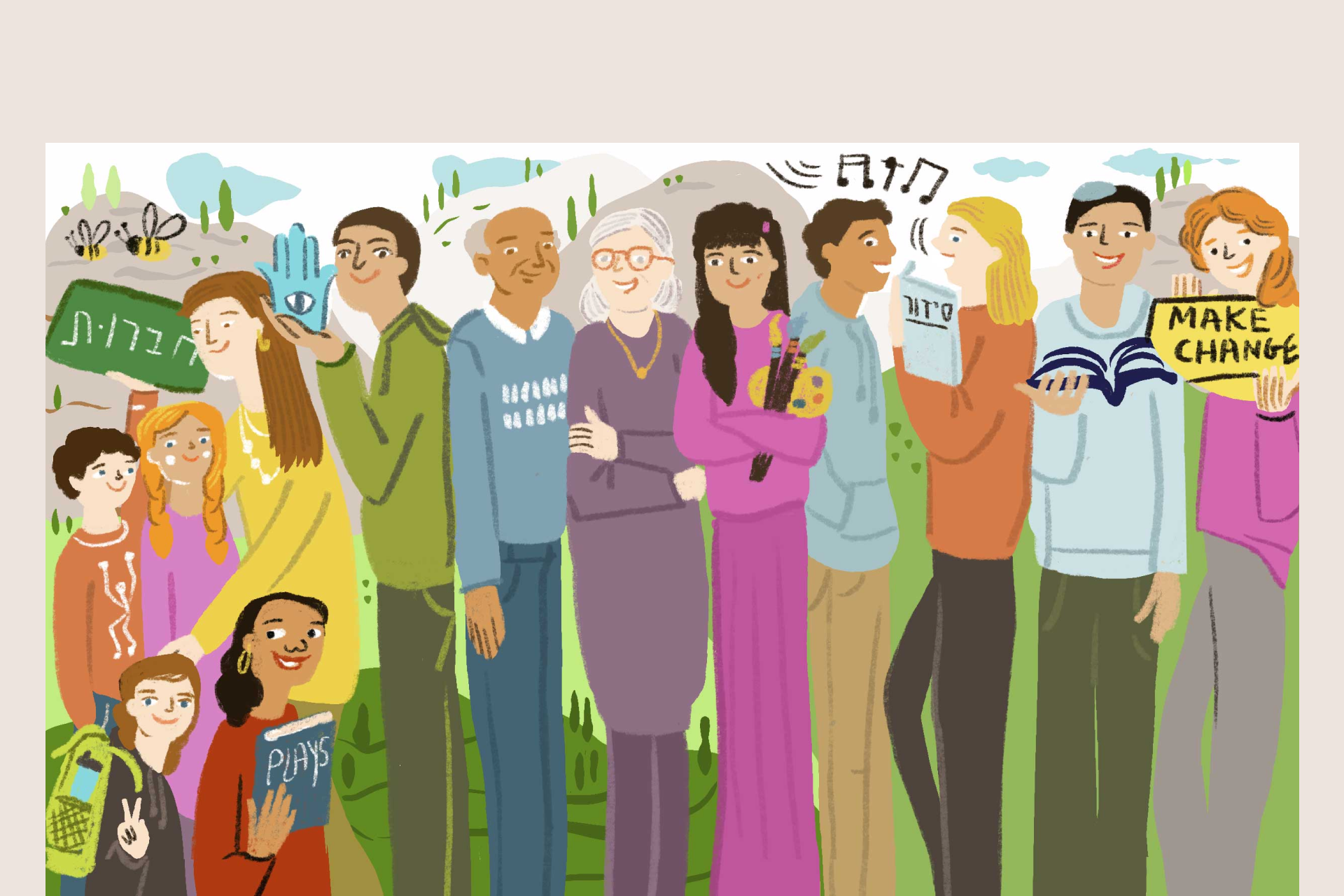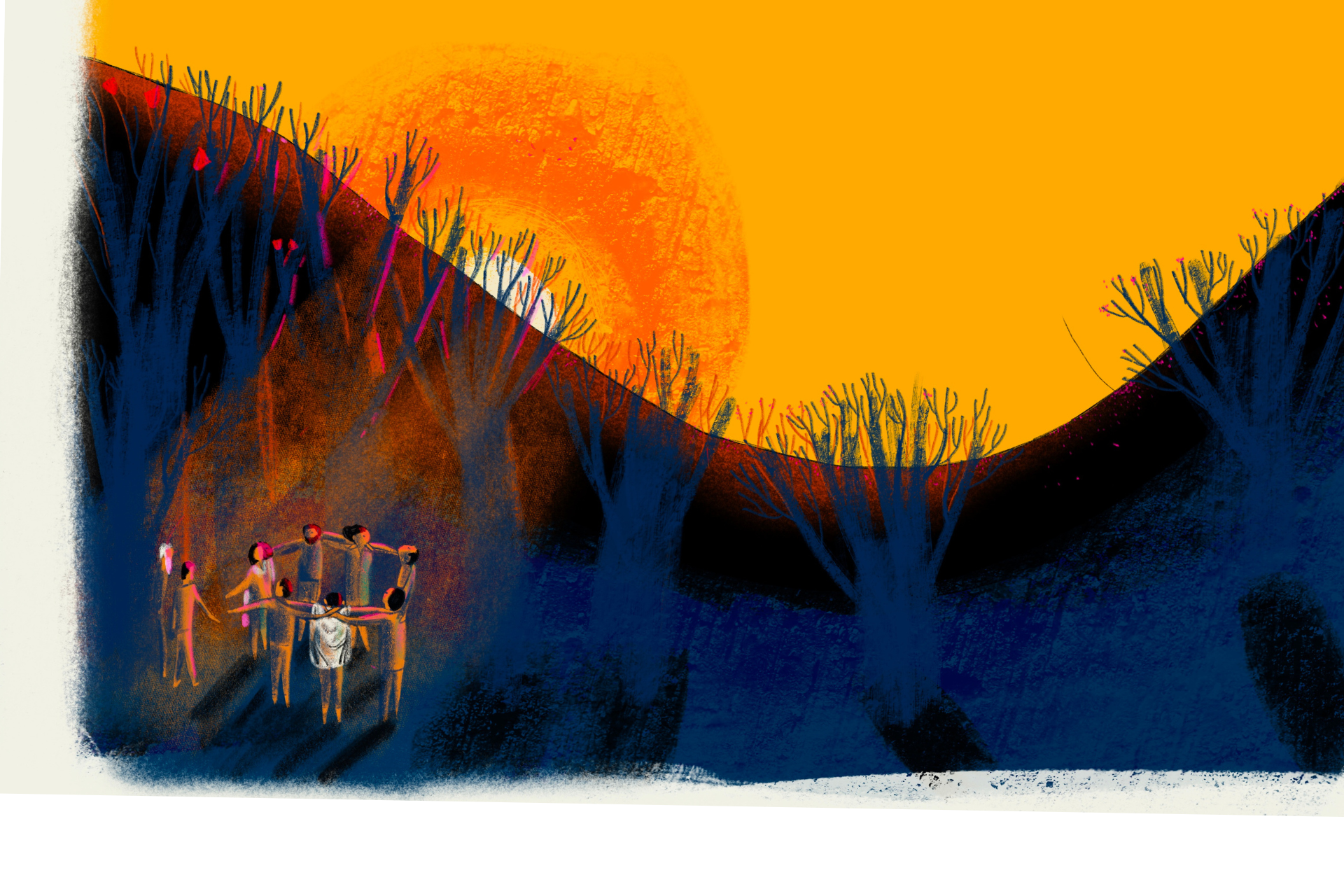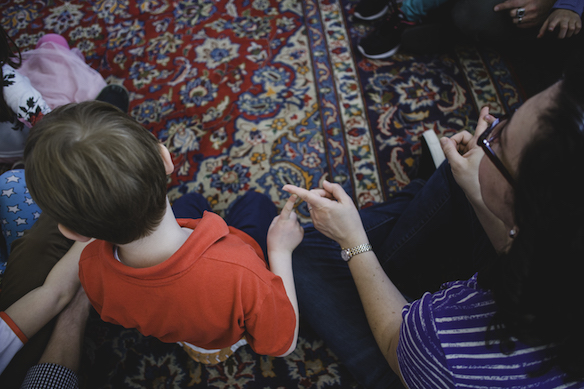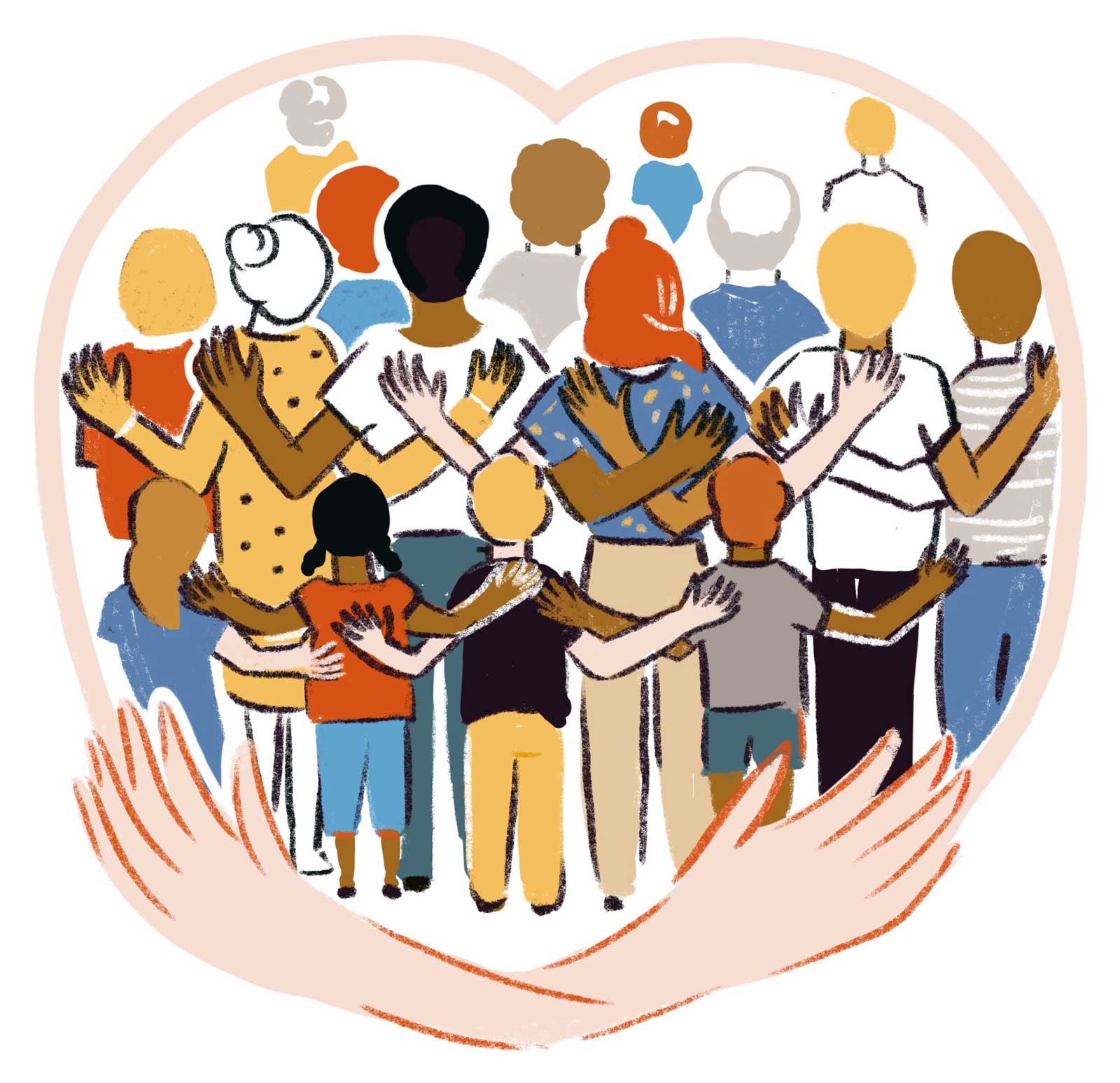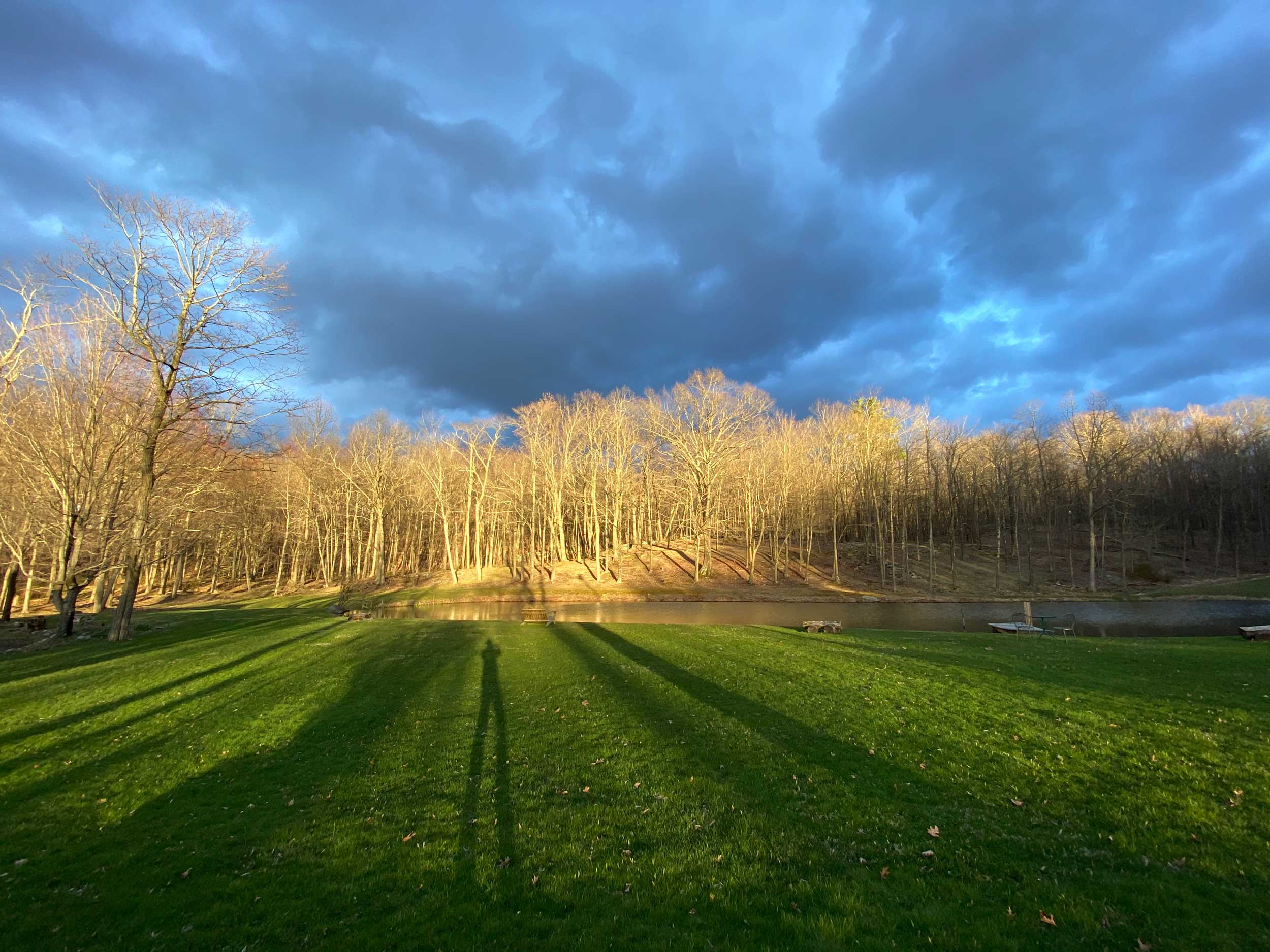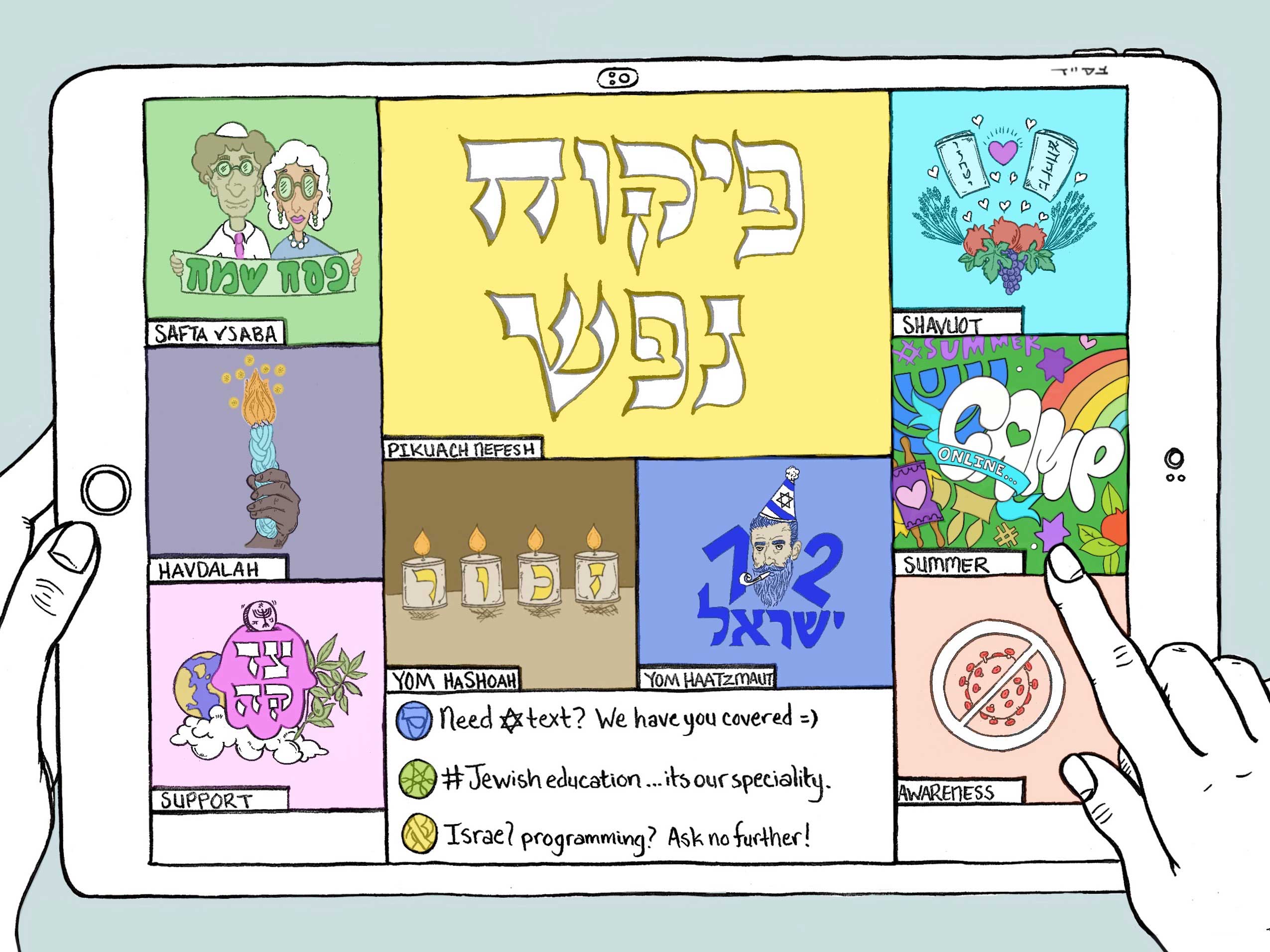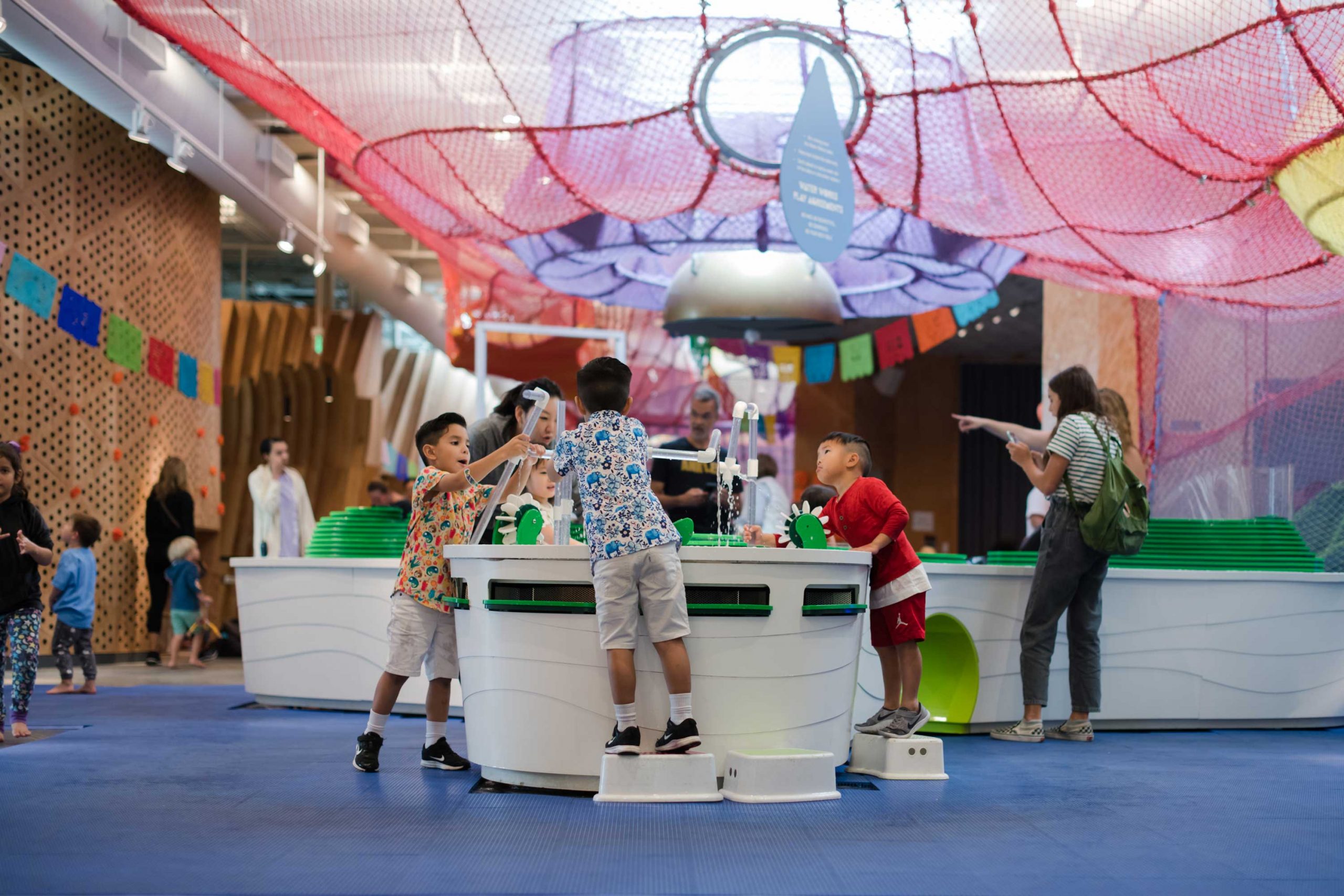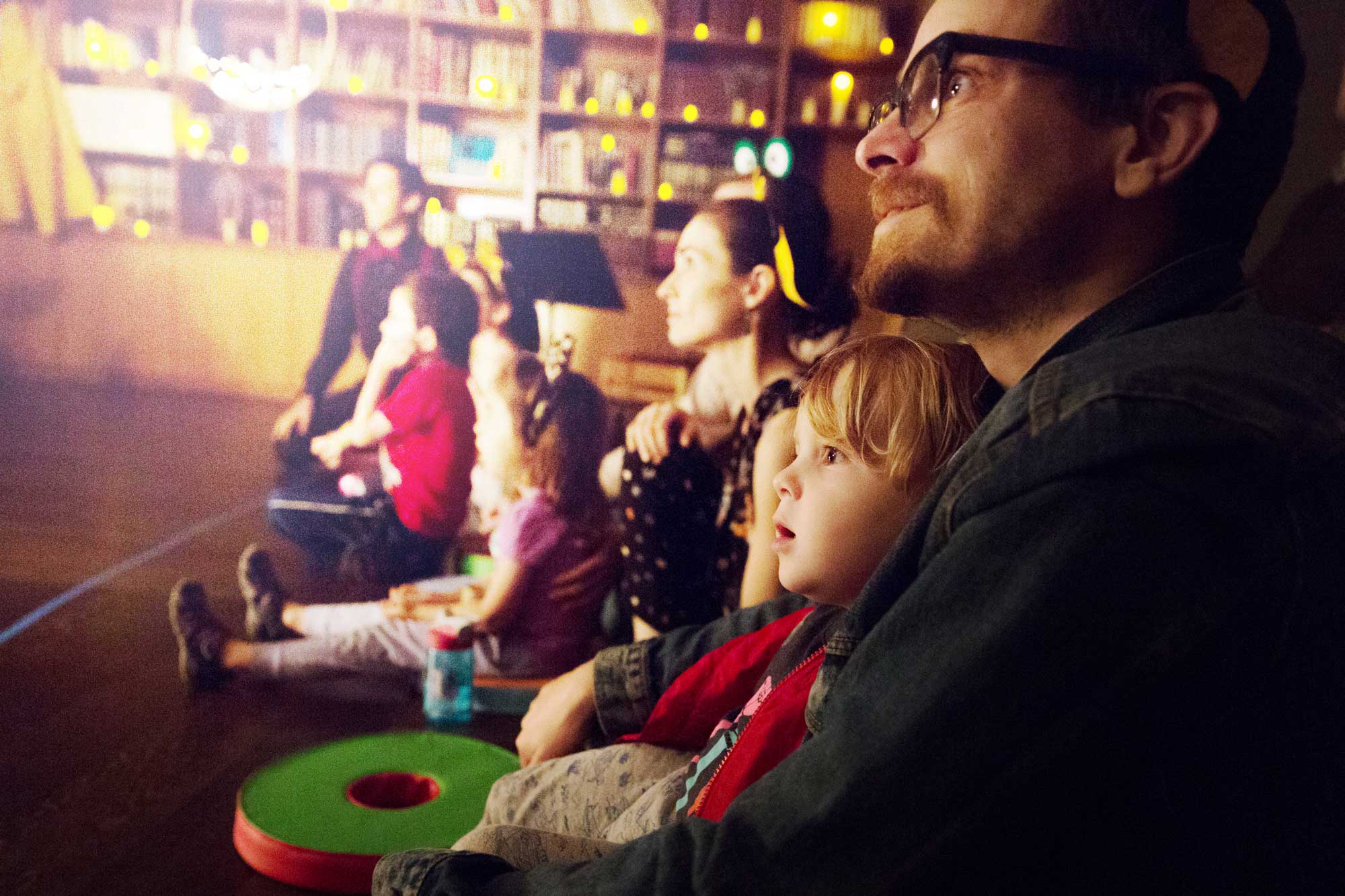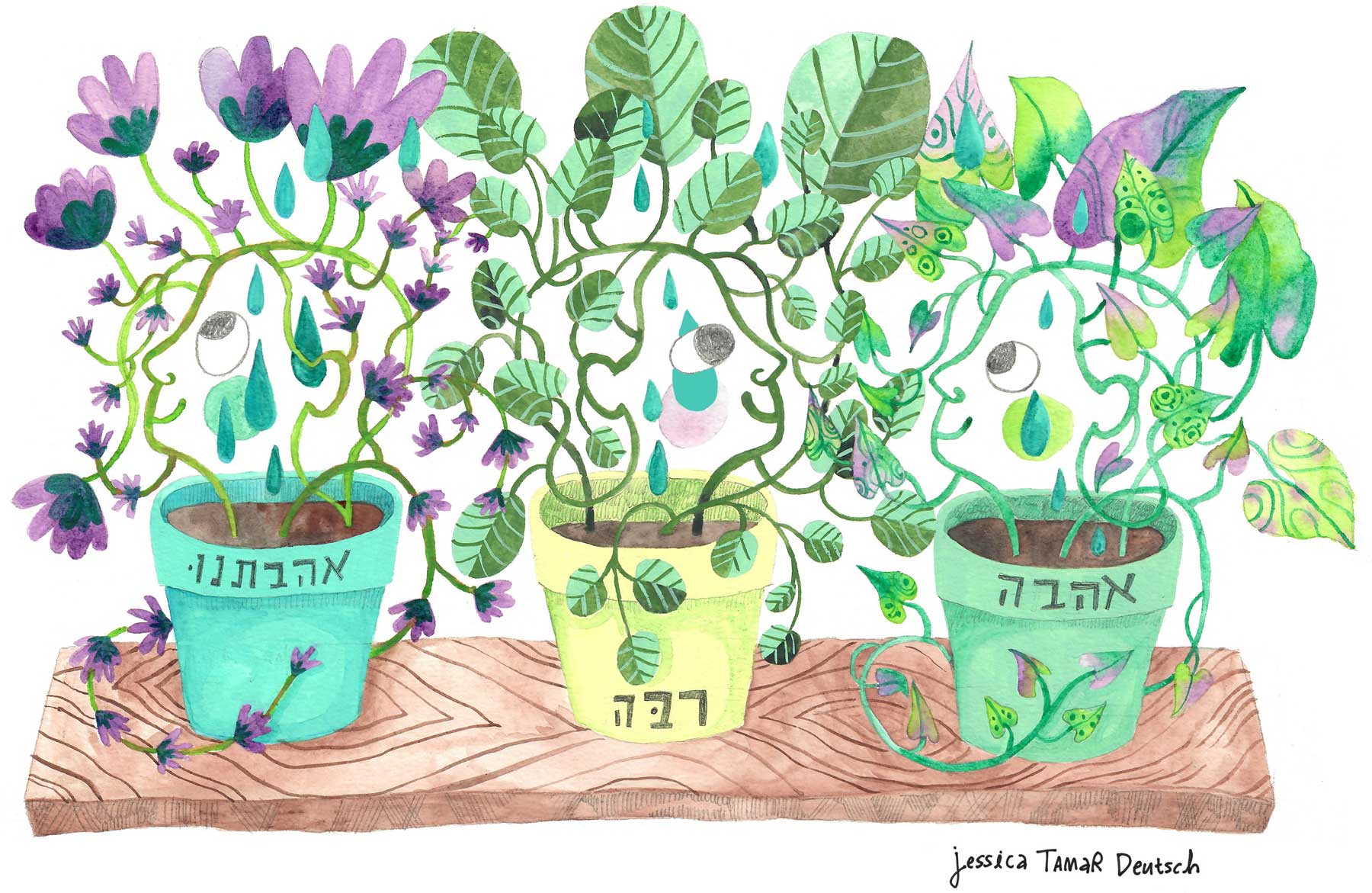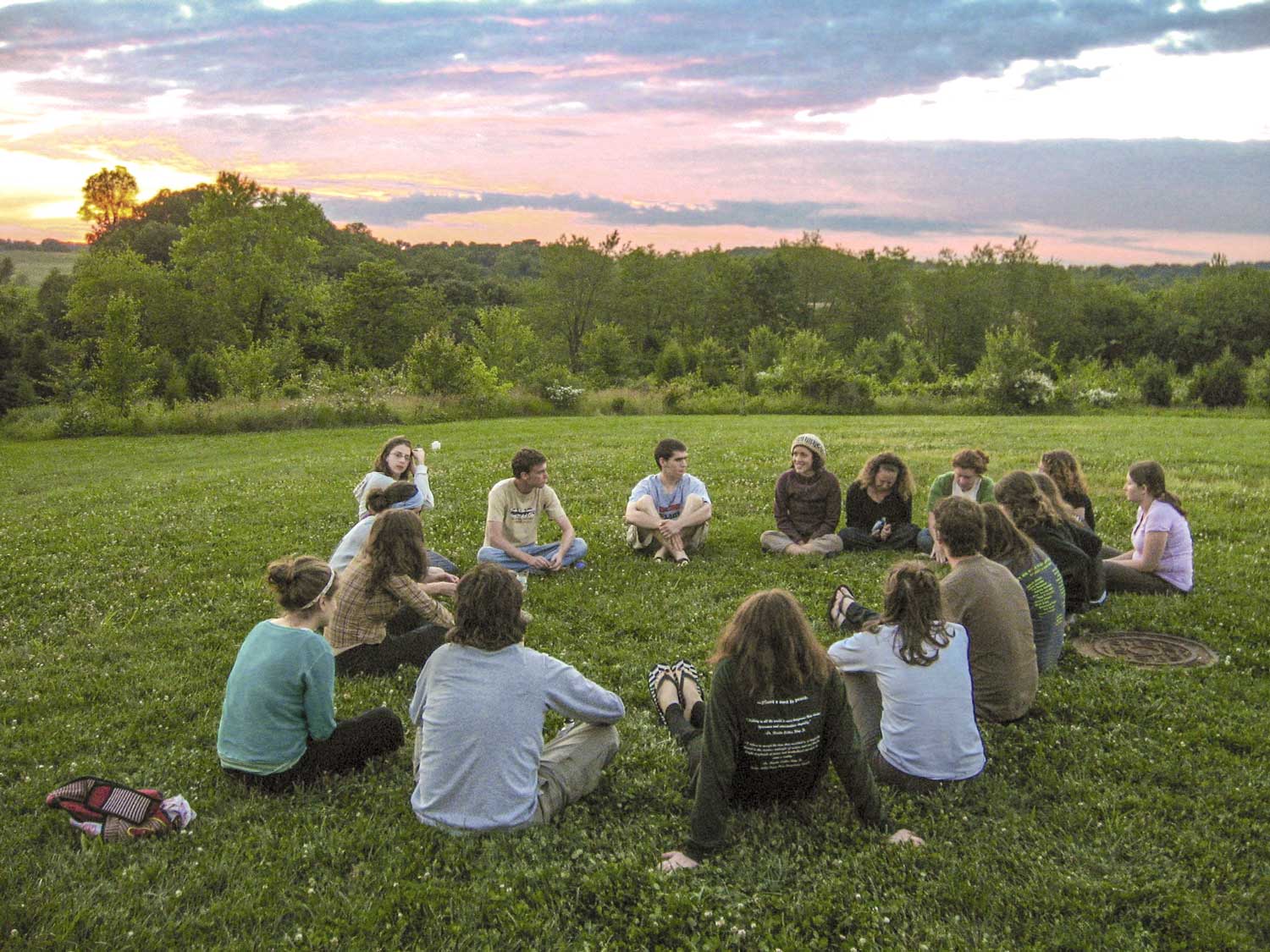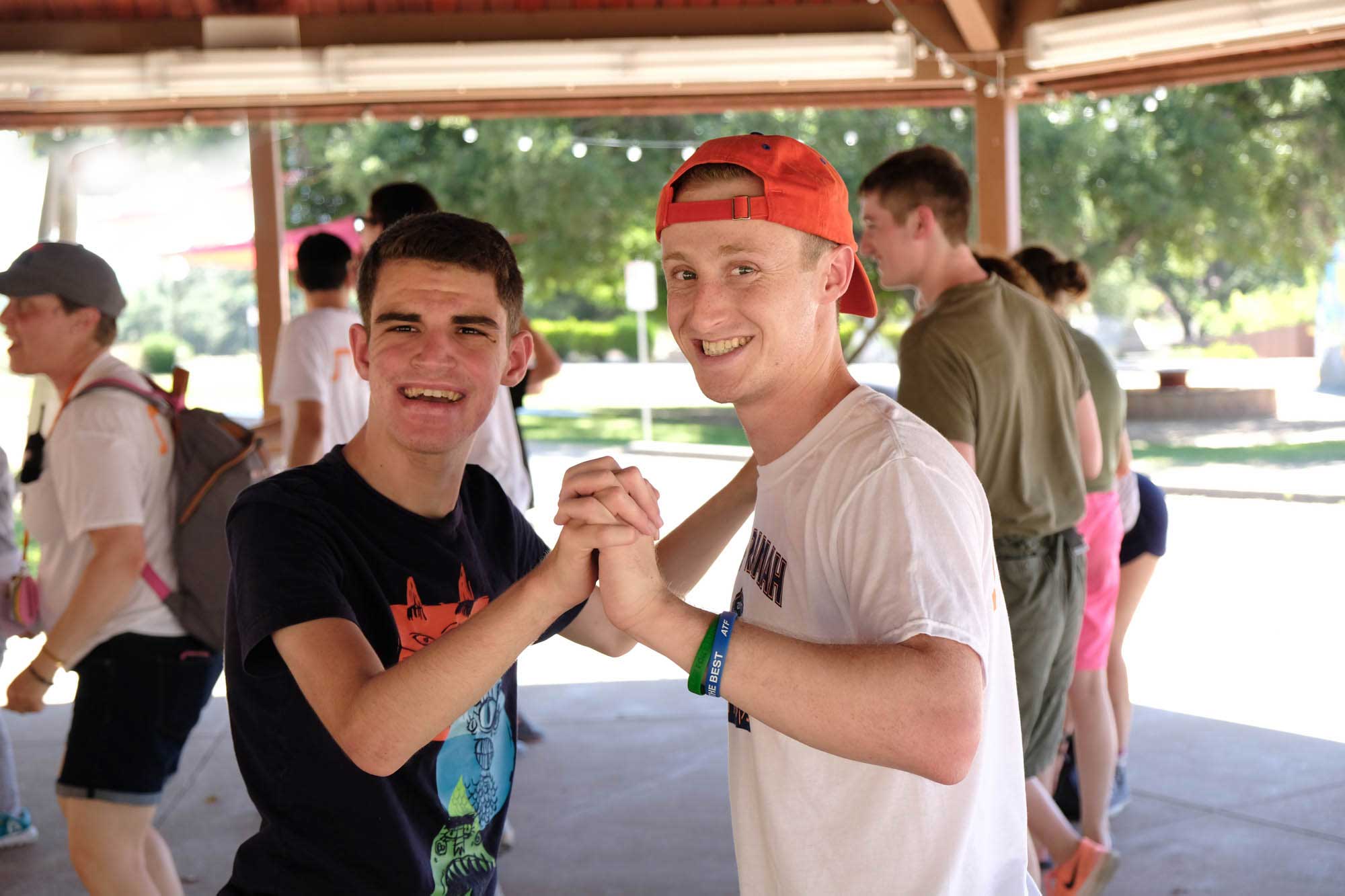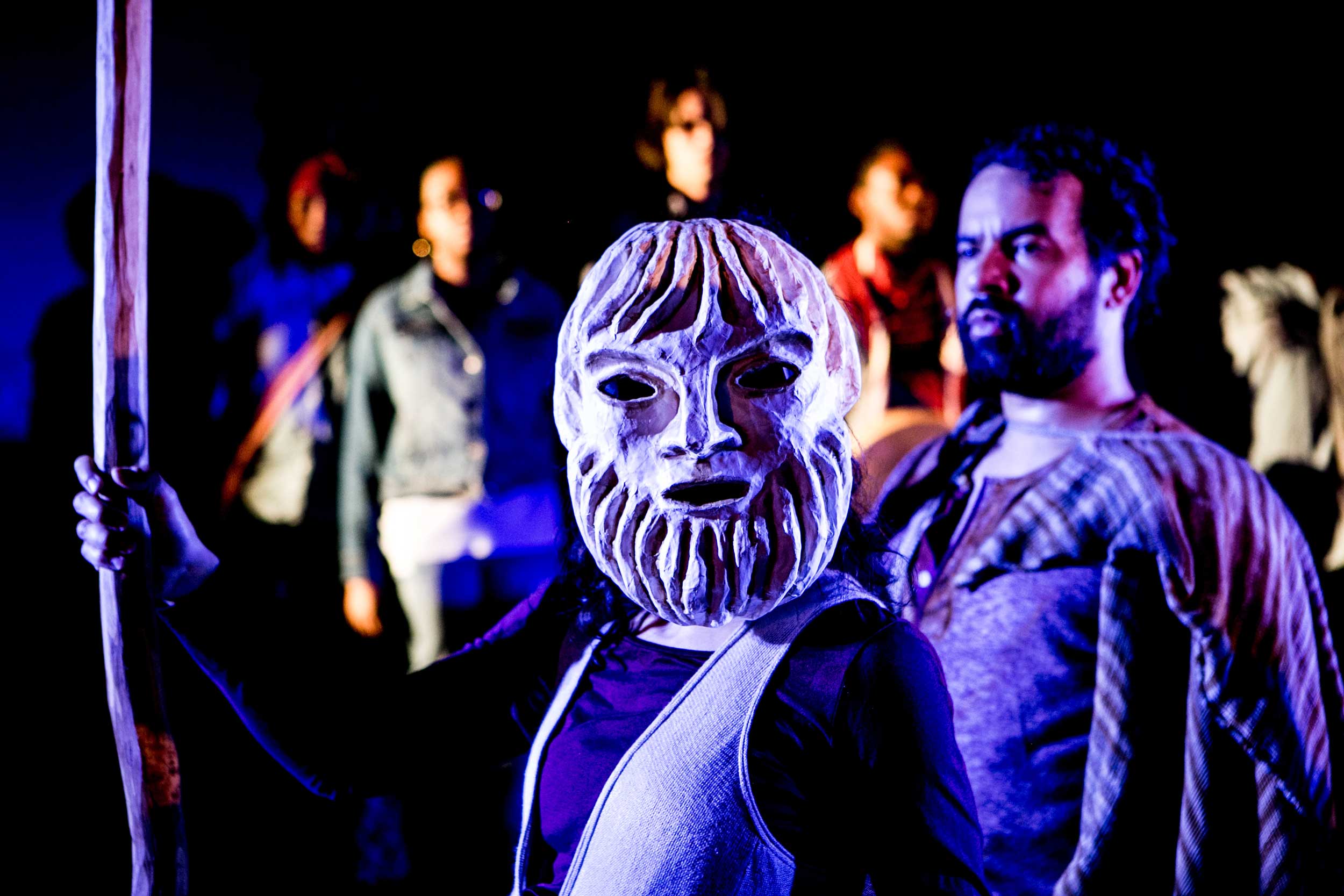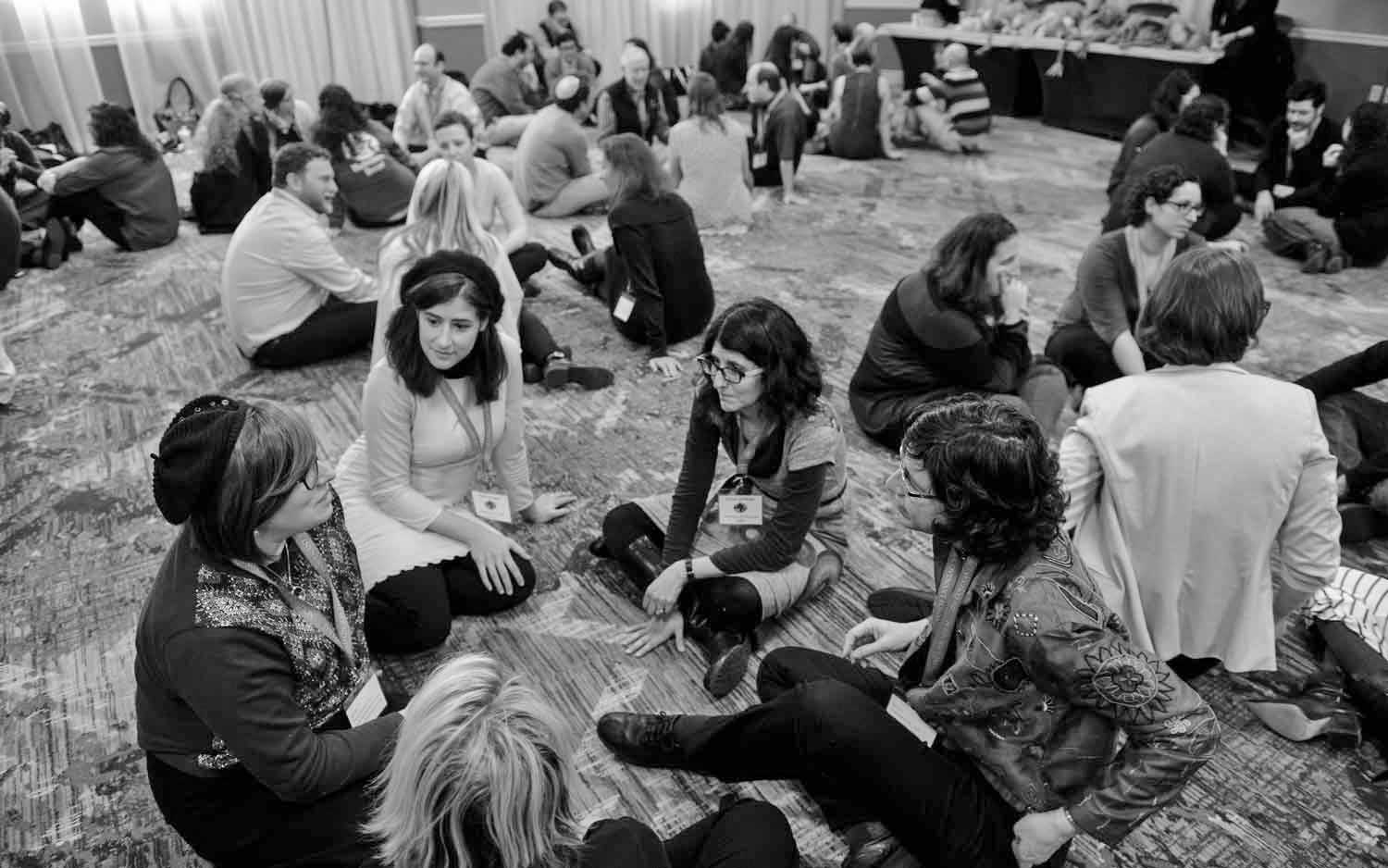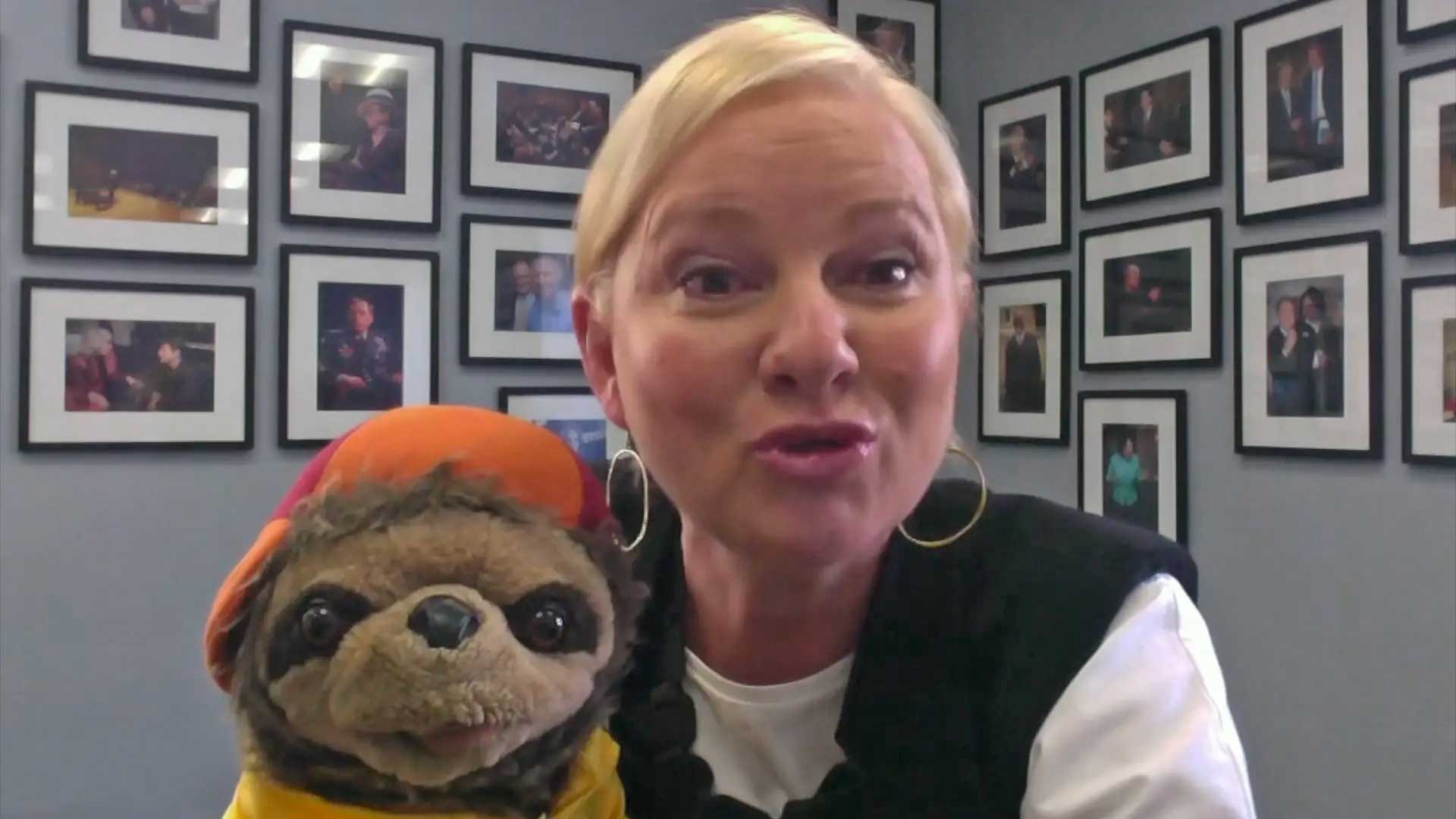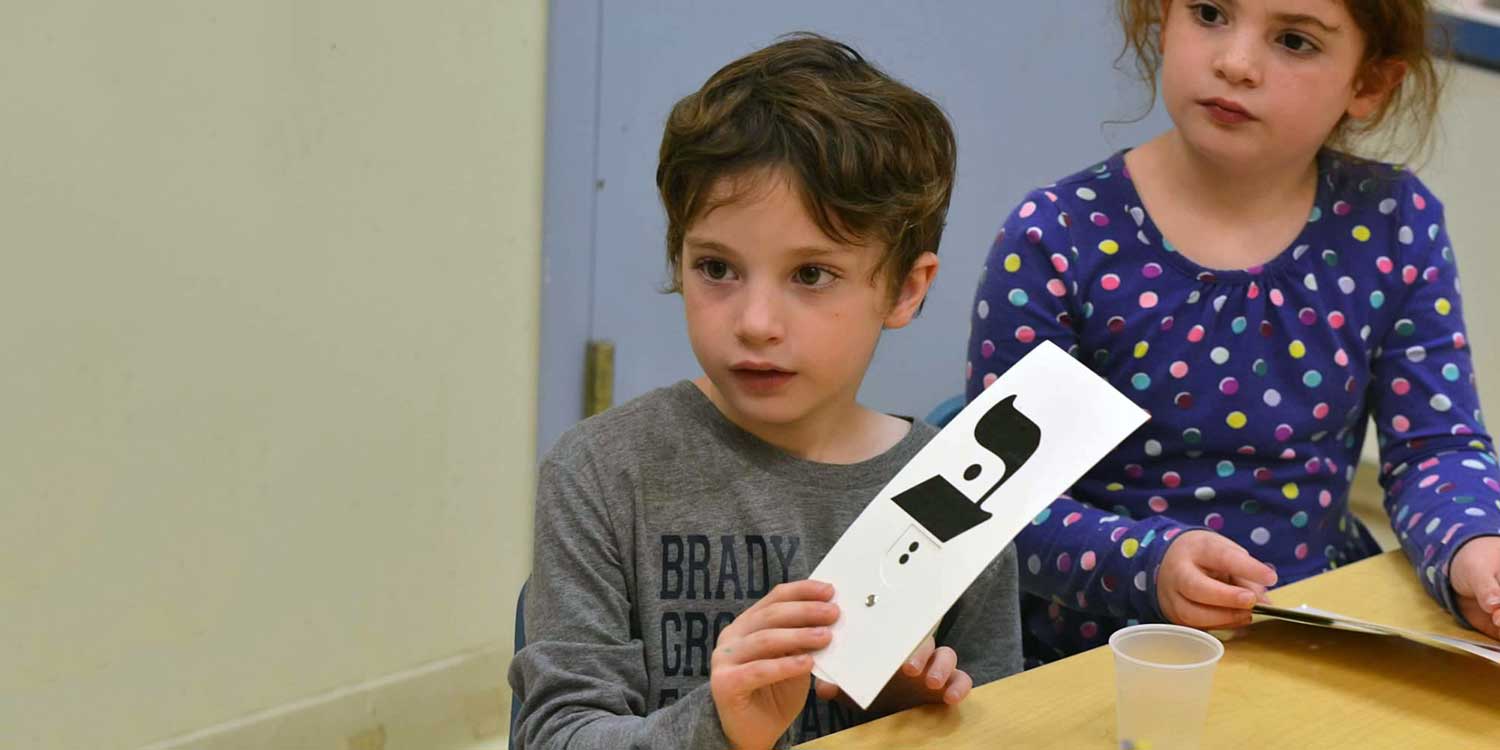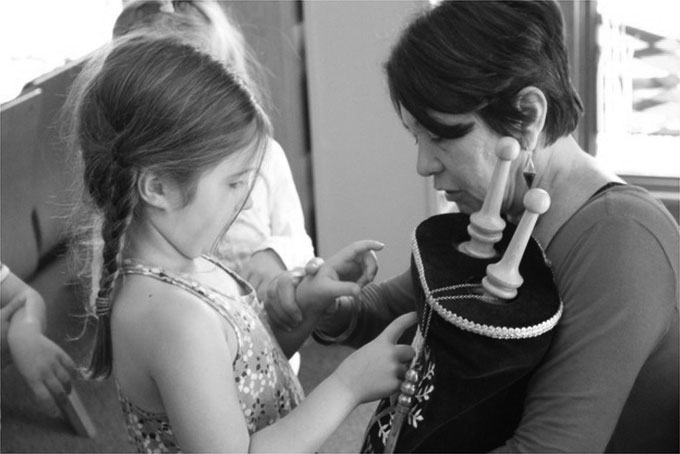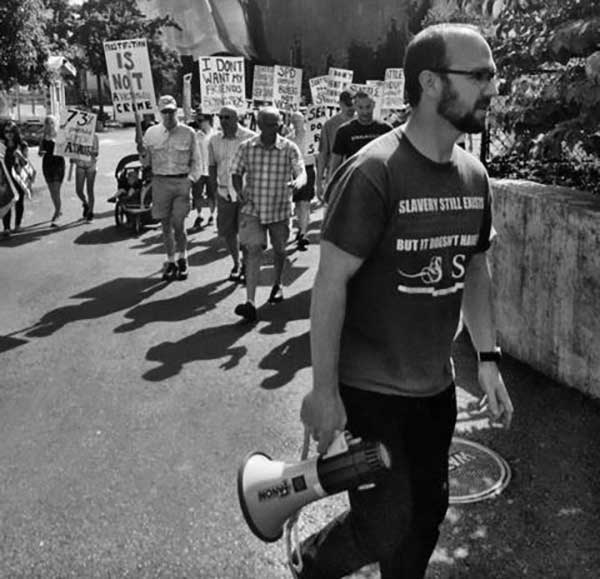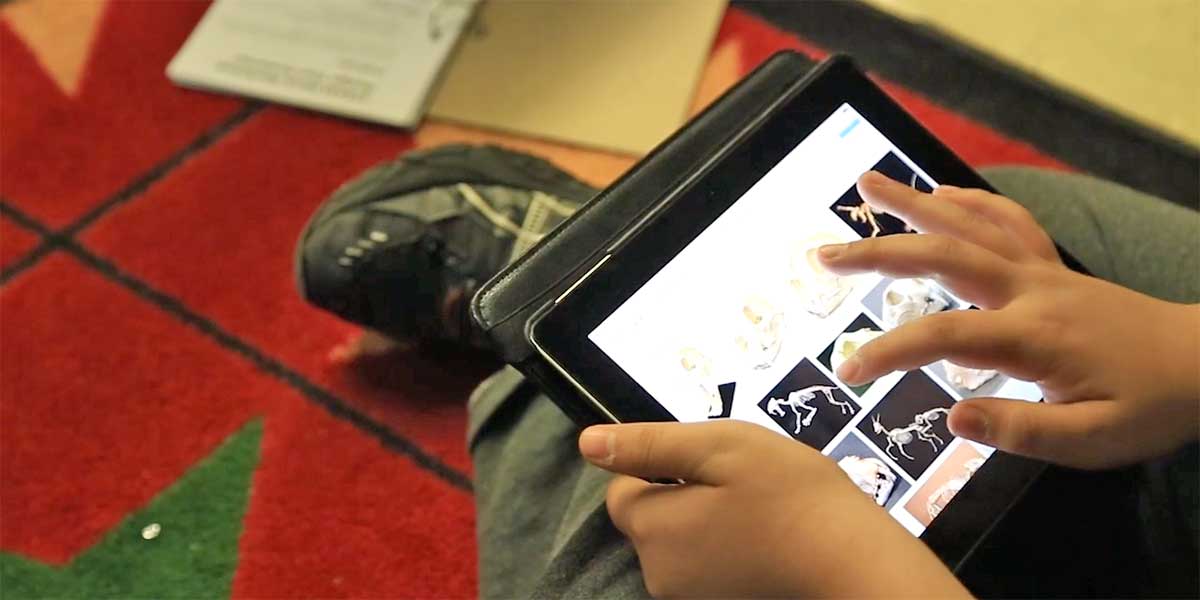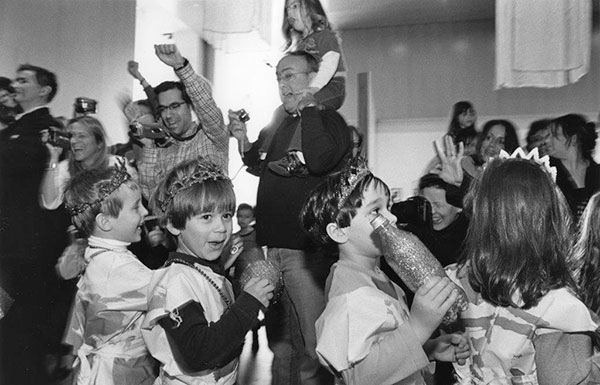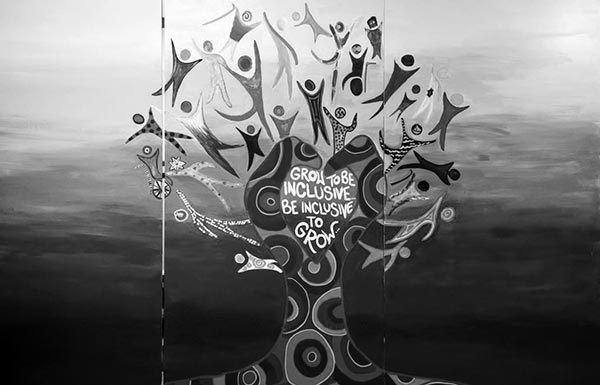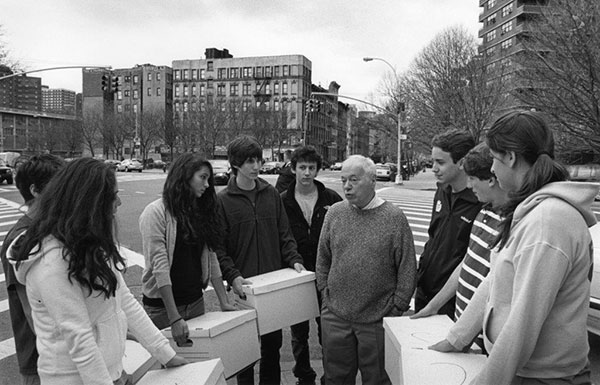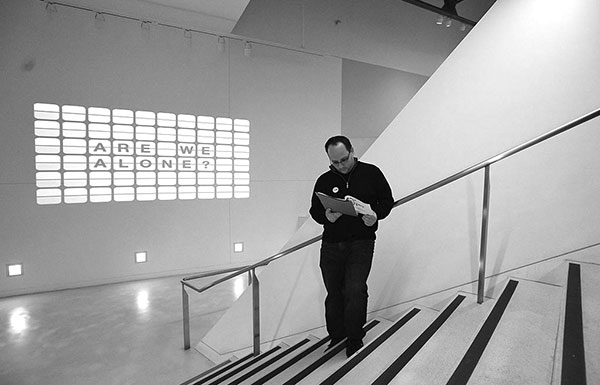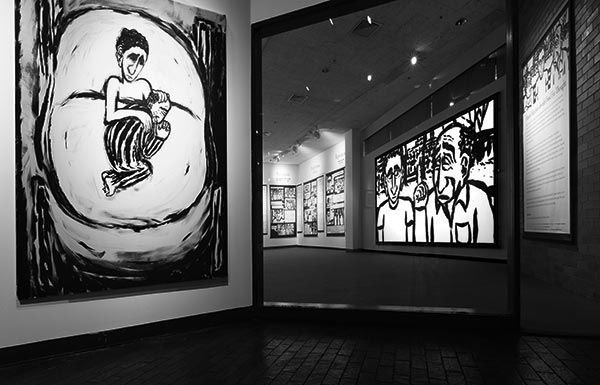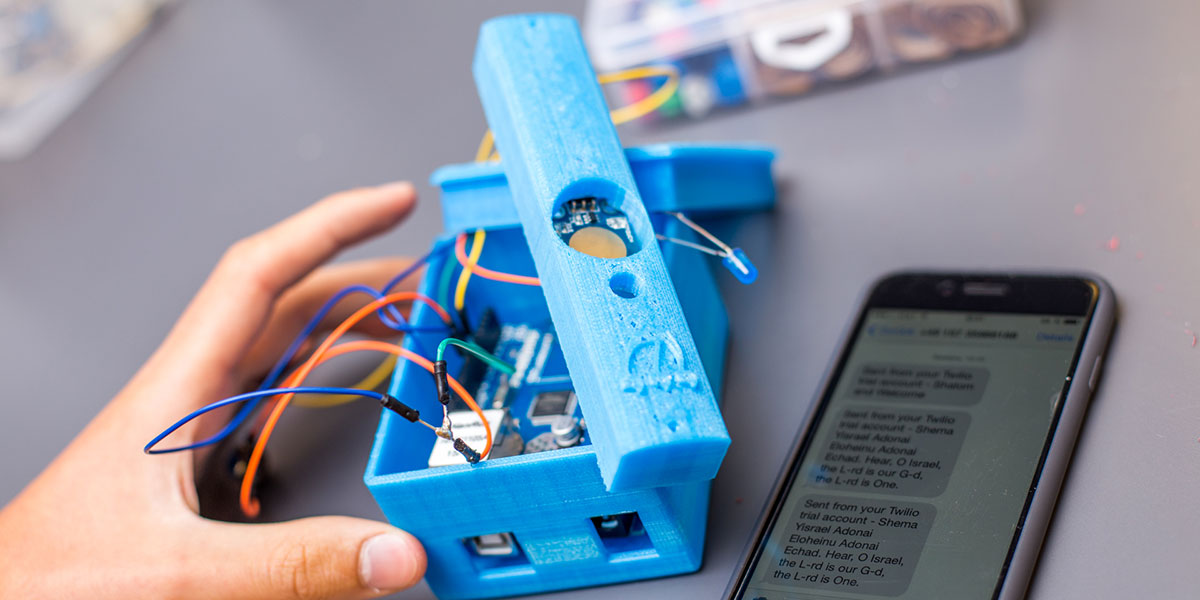
ARTICLE Teen “Maker” Space
ENGINEERS!

“At Genesis, I took the course Innovation and Revolution: Making, Breaking and Hacking 21st Century Technology. I wanted to modernize a virtually un-modernized ritual-- the mezuzah. We have electric menorahs, electronic prayer books, and more. But never has technology been applied to a mezuzah. In my project, the traditional task of the mezuzah (to remind one of God’s unity and the Commandments as well as place a sign on our doorposts) is connected to a buzzer, an LED light and an Ethernet cable, which links to a touch sensor that is placed in the mezuzah. When the touch sensor is activated, the LED lights up, the buzzer is sounded and the user receives a text message with the Shema prayer.”
-Avidan R., 17, Scarsdale, NY

"In the Technology course at Genesis, each member of the class chose a Jewish ritual and modified it by integrating technological components. For my project, I adapted the Menorah. The base of my Menorah is entirely 3D printed. Using CAD software, I combined different coral and aquatic life components to create the translucent structure of the Menorah. Due to the intricacy of the design, this print took approximately 30 hours. I replaced the candles of the Menorah with LED lights, each wired 6hto a microcontroller, Arduino, that uses a light and motion detector to activate the lights. When it is dark or someone enters the room, the Menorah lights up and plays “Chanukah Chanukah” on a little piezo buzzer."
- Ella H., Dallas, TX
CULINARY ARTISTS!

In my course, Culinary Connections: Discovering the Art and Anthropology of Jewish Food, we chose a dish that has significant personal meaning, and created a recipe card for it. My great-great-grandmother Baba's rugelach recipe makes me feel connected to my family from generations ago. This recipe allows me to learn more about old Jewish food culture, which I didn't know much about. I love to bake, so I used this opportunity to improve my baking skills and work on something that I'm very passionate about.
-Simone L., 17, Santa Rosa, CA
Click here to download the recipe card.
SOCIAL SCIENTISTS!
“In the Genesis Program at Brandeis University this past summer, I asked someone, ‘Do you love yourself?’” The response that I got from this person really intrigued me; I could see that it was a sensitive topic.
For my course, Investigating Gender, Sexuality and Society, I worked on a project based on this concept of self-love, and why [sometimes] people don’t love themselves. I went around campus and interviewed 10 people. I also took 2-3 pictures of each person, 1 before I asked the question, one during their response, and one after.”
-Rachel P. 16, Scottsdale, AZ
View a presentation of Rachel’s investigation, here:
https://docs.google.com/presentation/d/1CFBMihXvx9YR4ezVUmN-HR2_dCbs_wl7sC_UcDWUB4U/edit?usp=sharing
MORE ABOUT THE GENESIS PROGRAM AT BRANDEIS: http://www.brandeis.edu/highschool/genesis/index.html
BLOGGERS!

“Before I started blogging for the Jewish Women's Archive, I hadn't thought much about what it meant to be a Jewish feminist, but each month's prompt led me to examine my own beliefs and values. While this wasn't always easy, it forced me to confront and grapple with important issues. I am so thankful that I had the opportunity to learn from the inspiring leaders at JWA and form a special connection with the other teens in the program.”
-Eliana M., 16, Los Angeles, CA
Read one of Eliana’s blog posts, The Rebel Women of Passover, here: http://jwa.org/blog/risingvoices/rebel-women-of-passover
“Through the Rising Voices Fellowship, I learned just how powerful a single voice can be: capable of making the world listen and change, and inspiring others to discover and use their voices as well. I grew into my identity as a young Jewish feminist, as writing for the blog allowed me to connect those two significant parts of me in a way I had never thought possible before. I am so excited to develop my Jewish feminist identity more as I get older, and to discover what those labels mean to me.”
-Ellie K., 16, Needham, MA
Read one of Ellie’s blog posts, Finding Sisterhood at Services, here:
http://jwa.org/blog/risingvoices/finding-sisterhood-at-services
MORE ABOUT THE RISING VOICES FELLOWSHIP: http://jwa.org/blog/risingvoices
Torah Scholars!
 “…It’s fitting that a man named Isaiah cracked the code of the NBA to win a championship. Isaiah, like the prophet Yishayahu, embodied hope. For the seven weeks from Tisha B’Av to Rosh Hashanah we read haftarot from the Book of Yishayahu. Containing messages of consolation and closeness, Yishayahu seeks to direct the focus of the Jewish nation onto God. Similarly, Isaiah Thomas battled through years of disappointment after failing to overcome the seemingly insurmountable obstacle of Larry Bird and win an NBA title…”
“…It’s fitting that a man named Isaiah cracked the code of the NBA to win a championship. Isaiah, like the prophet Yishayahu, embodied hope. For the seven weeks from Tisha B’Av to Rosh Hashanah we read haftarot from the Book of Yishayahu. Containing messages of consolation and closeness, Yishayahu seeks to direct the focus of the Jewish nation onto God. Similarly, Isaiah Thomas battled through years of disappointment after failing to overcome the seemingly insurmountable obstacle of Larry Bird and win an NBA title…”
-Dylan P., 18, New York, NY
Read more of Dylan’s D’var Torah, here.
MORE ABOUT CAMP RAMAH, NYACK: http://www.ramahnyack.org/
Poets!
 “Four summers. Four summers bursting with the harmony of cycles. Every year, the drive up, and up, and up. That in itself is enough to break some spirits. But there it is: the homecoming. The cheering, the screaming of names. If you are a returning camper, you are passed around, admired, and soon bear the mark of a hundred dirt-encrusted hugs. Newbies are taken in, enveloped in a new universe that welcomes you with every ventricle of its beating heart.”
“Four summers. Four summers bursting with the harmony of cycles. Every year, the drive up, and up, and up. That in itself is enough to break some spirits. But there it is: the homecoming. The cheering, the screaming of names. If you are a returning camper, you are passed around, admired, and soon bear the mark of a hundred dirt-encrusted hugs. Newbies are taken in, enveloped in a new universe that welcomes you with every ventricle of its beating heart.”
-Kaspar W.,14, Portland, ME
Read more of Kaspar’s reflection on a summer at Ramah Outdoor Adventure camp, here: http://ramahoutdoors.org/kaspar/
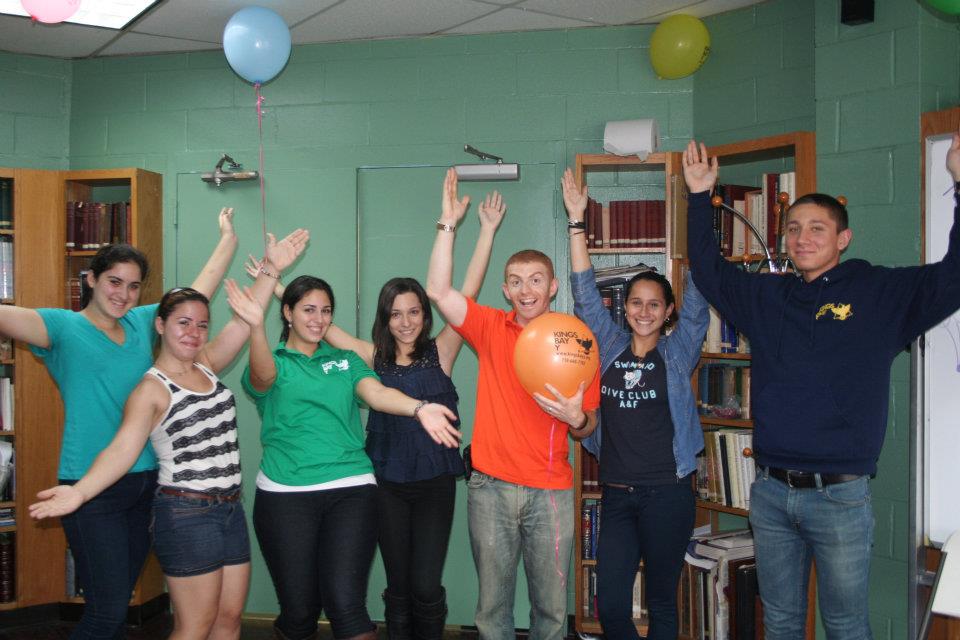
YOZMA: Initiative and Leadership for the Next Generation of Russian-Jewish Teens
998
